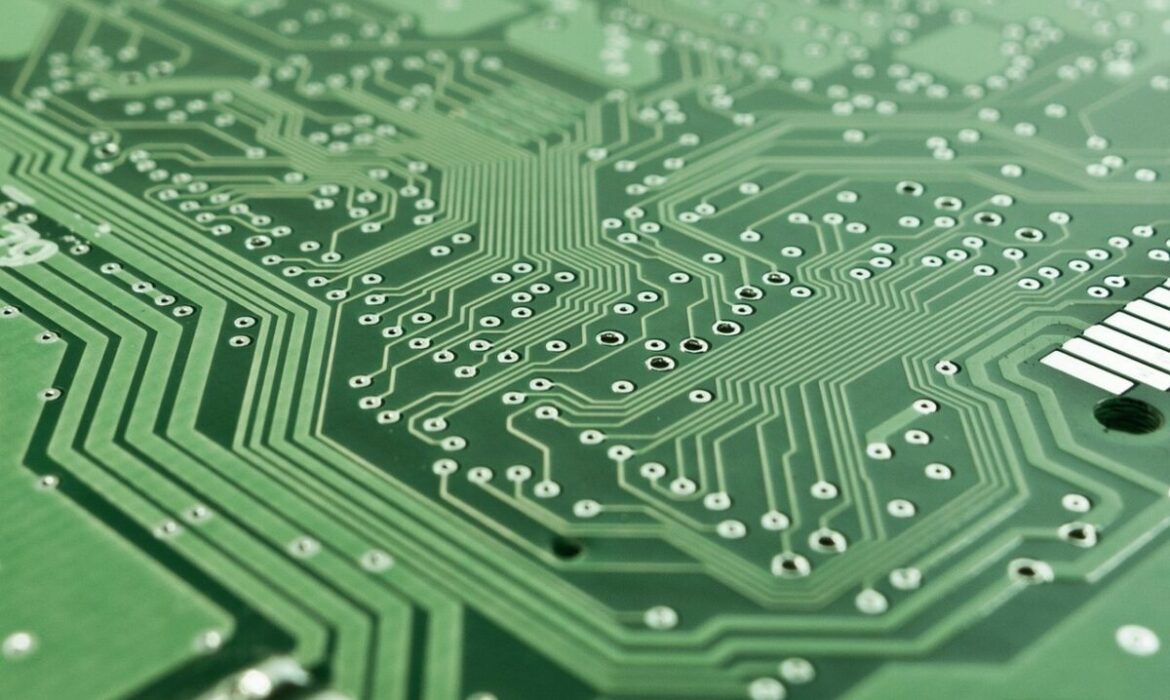The announced control of gallium exports from China has caused anxiety among car manufacturers, who rely on this metal, which is extremely important in producing electric vehicles.
Reuters reports that gallium has a wide range of applications, from LEDs to smaller adapters for mobile phones. Little known to most, gallium in its pure form can melt in hand, and in several of its compounds, it is an excellent material for making semiconductors.
Automakers are hungry for anything that increases the efficiency of electric cars and reduces their weight, helping them reduce consumption. Gallium nitride does both and is far cheaper than other semiconductor materials such as platinum or palladium.
Miners find gallium in trace amounts in zinc ores and bauxite. Moreover, they obtain metallic potassium processing bauxite to produce aluminium. About 80 per cent of gallium comes from China, according to data from the European industry association Critical Raw Materials Alliance (CRMA).
Minerals experts warn that China’s decision last week to impose export controls on gallium and germanium, which is also material to make semiconductors, could force automakers to abandon the development of technologies using gallium and look for alternatives.
Automakers in the early stages of designing the next generation of electric vehicles can opt to use silicon carbide, which exhibits about 30 per cent weaker properties than gallium nitride. This would protect car factories from a potential shortage of gallium.
China Controls the Export of Rare Metals
China will control exports of some metals widely used in the semiconductor industry, and its commerce ministry said Monday, the latest step in an escalating war over access to high-tech microchips between Beijing and the United States.
The controls, which China said are aimed at protecting national security and interests, will require exporters to seek permission to ship some gallium and germanium products.
















